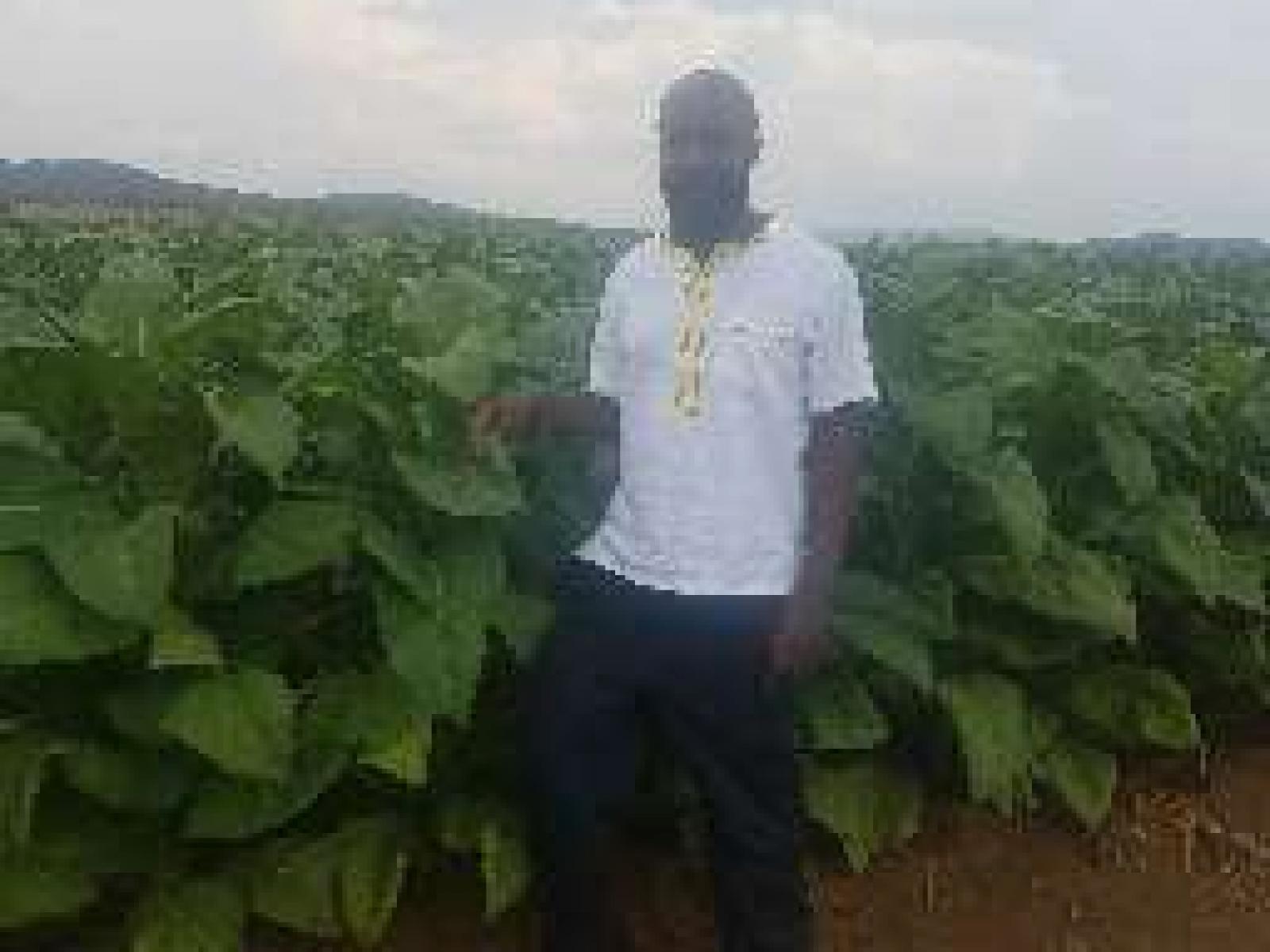An Overview Of Our Solution
- Population Impacted:
- Continent: Africa
Organization type
Population impacted
Size of agricultural area
Production quantity
People employed
Describe your solution
Describe your implementation
External connections
What is the environmental or ecological challenge you are targeting with your solution?
Describe the context in which you are operating
50% of the people in Zimbabwe survive below the poverty datum line. Sewage sludge biochar is the answer to increased smallholder productivity as it increases moisture retention and improves mineral use efficiency. On the other hand it helps in climate change mitigation as biochar has the ability to sequester carbon dioxide reducing greenhouse gas emissions. About 7.5 million people are now living in towns in Zimbabwe. This has offered new challenges in the provision of adequate and safe water by the city councils. Commercialization of biochar application will see the city councils making some returns out of water treatment and becoming sustainable in a way. This will make it easy for them to provide safe water to the people. Environmentally, this technology of sewage sludge biochar will reduce the discharge of raw sewage sludge biochar in water bodies saving aqautic life as well as reducing health hazards by 90% in the first year of adoption. There are about 7000 smallholder vegetable growers who have started benefiting from the use of sewage sludge biochar in Mutare after my research has proved it at noble technology. With the current trend of urbunization in Zimabwe, the majority of the people over 10 million people are at health risk due to poor and unsafe water being offered by city councils. This project offers a very good answer to sustainability of water treatment in Zimbabwe and reducing the health risks associated with poor water treatment.
How did you impact natural resource use and greenhouse gas emissions?
Language(s)
Social/Community
Water
Food Security/Nutrition
Economic/Sustainable Development
Climate
Sustainability
I have not received any meaningful funding and this project is still stagnant but i am approaching government officials to see if I could get funding to expand this project to all towns and cities in Zimbabwe. This project is very easy to replicate since all city councils have the infrastructure for pyrolysis of sewage sludge but it is not working. In most cases its a matter of maintaining the existing infrastructure and the advance on the technology as the project proceeds. This project can also produce methane gas in the process which can also be used as a form of green energy. City councils can also make some returns on this and have money to maintain their equipment.
Return on investment
Entrant Image
![20161110_130632_007[1]](/sites/default/files/entries/2017/02/8053/20161110_130632_007%5B1%5D.jpg)
Entrant Banner Image
![20170119_130918[1]](/sites/default/files/entries/2017/02/8053/20170119_130918%5B1%5D.jpg)
